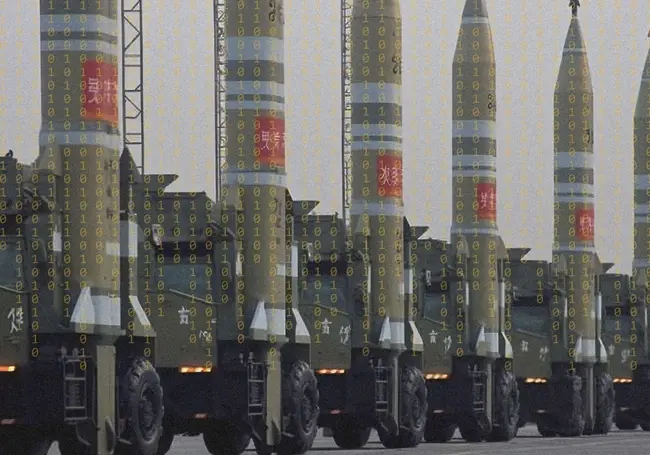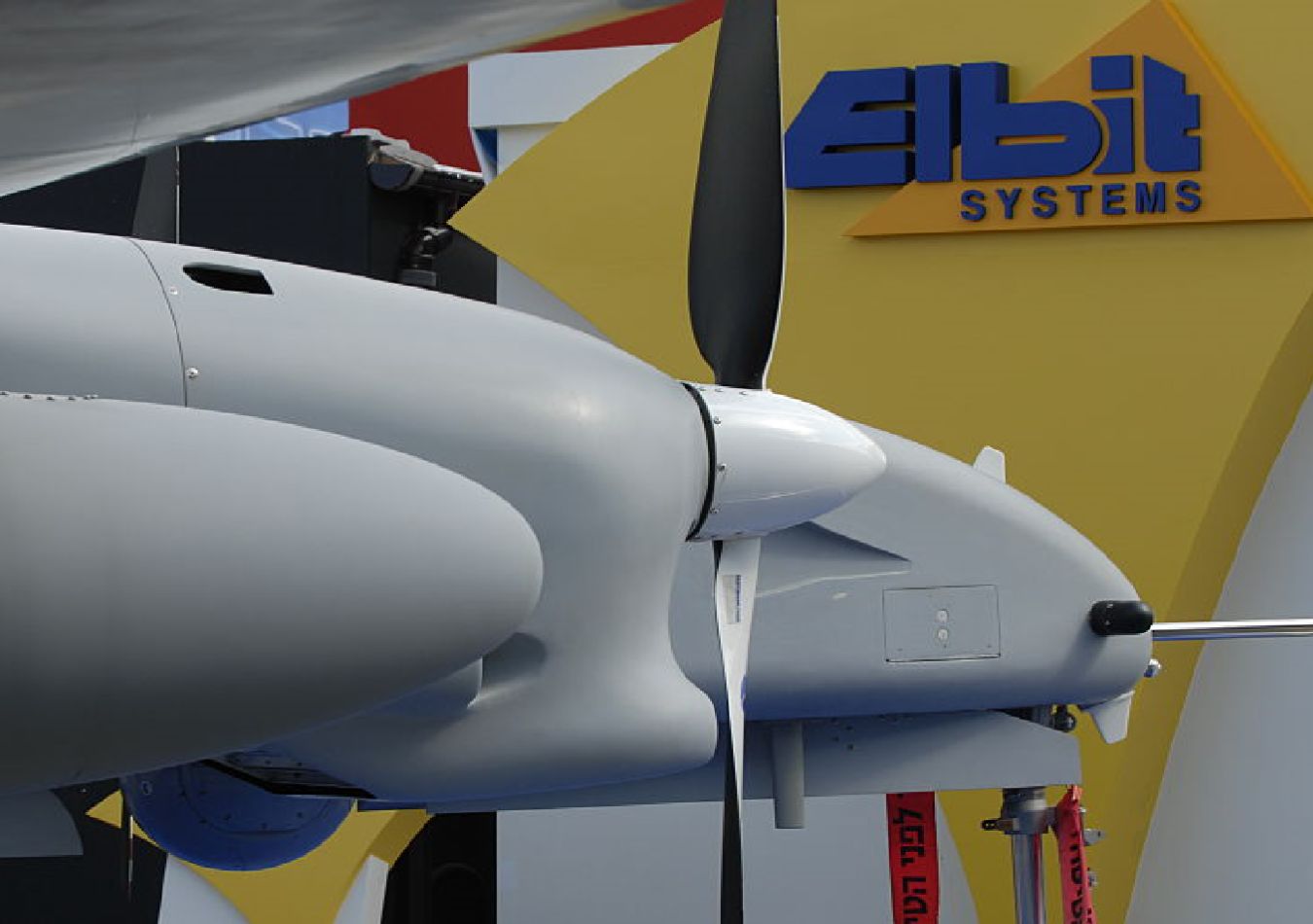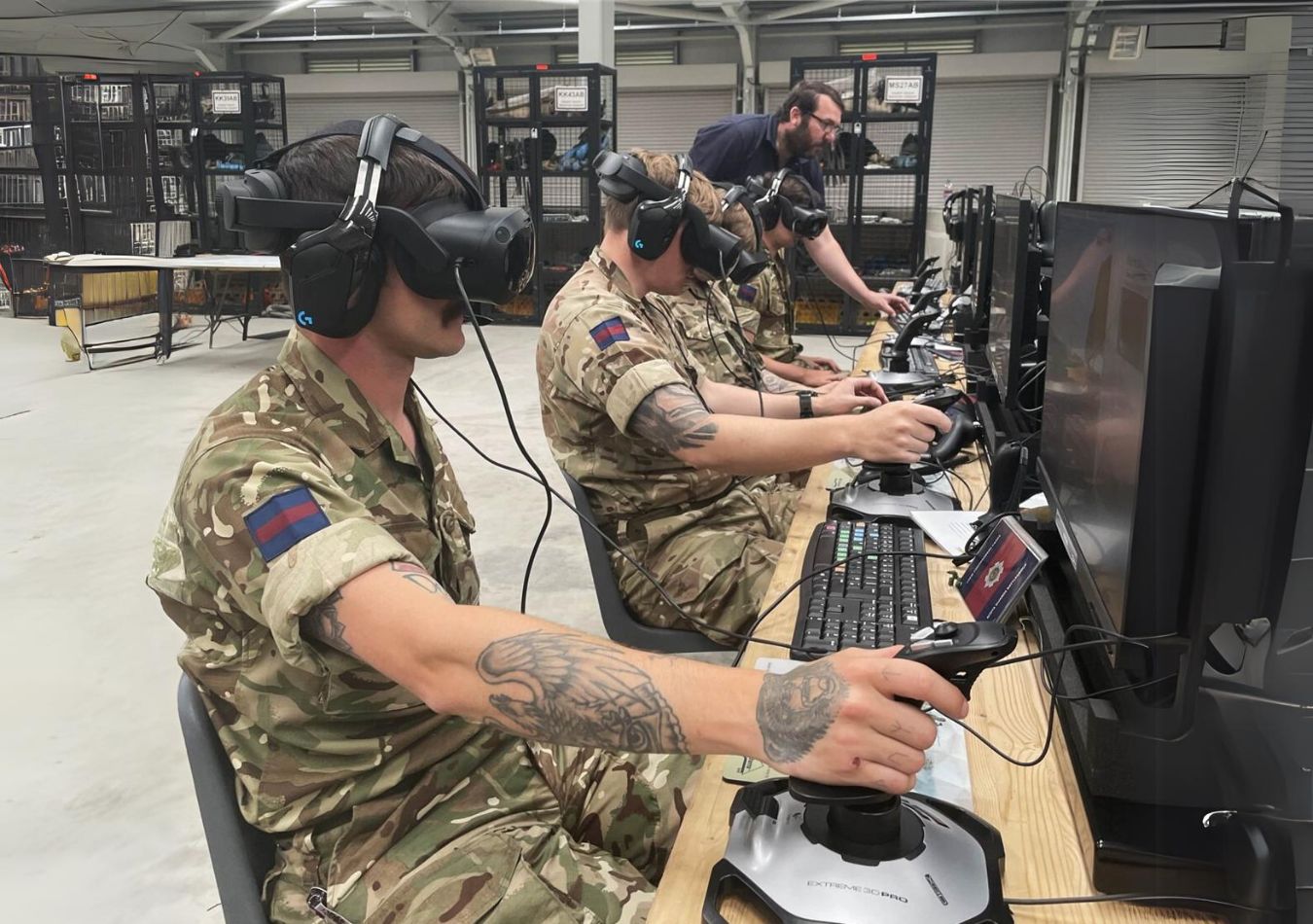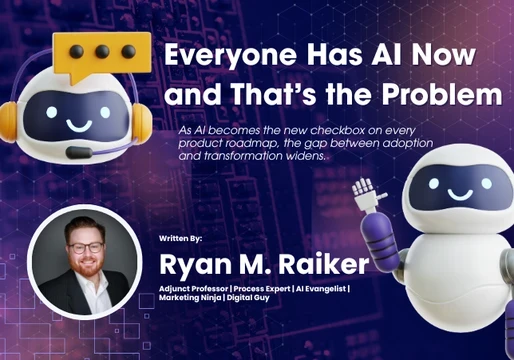AI technology is redefining modern warfare. These conflicts have accelerated the development of AI-driven military capabilities and underscored significant regulatory gaps in this field. At the same time, the rapid integration of AI into military applications highlights its appeal to national armed forces despite ongoing concerns about its unpredictability and ethical implications.

This dynamic has propelled a competitive and lucrative multibillion-dollar AI arms race, capturing the interest of global tech giants and nations worldwide. AI-enabled autonomous weapons, once experimental, are now actively deployed, initially serving roles such as targeting assistance and logistical support before advancing rapidly.
In this article, we delve into the concept of autonomous weapons, exploring their implications on the battlefield and how AI advancements are reshaping modern warfare.
What are Autonomous Weapons Systems?
Autonomous weapons systems represent cutting-edge military technology designed for independent operation and decision-making. Powered by sophisticated learning algorithms, these systems can select and engage targets without continuous human oversight, marking a significant advancement in modern warfare.
These systems are engineered to react swiftly to dynamic battlefield scenarios, potentially enhancing military capabilities by minimising risks to human personnel and improving operational efficiency.
However, their autonomy introduces complex ethical considerations. Key concerns include the need for clear accountability structures, ensuring compliance with international humanitarian laws, and mitigating the risks of unintended consequences in conflict environments.
Despite their potential, the exact definition of AI-enabled autonomous weapons remains highly debatable among stakeholders and scholars.
What is the Role of AI on the Battlefield?
AI in the defence sector has evolved significantly from its origins in Cold War-era systems like the Semi-Automatic Ground Environment (SAGE), particularly in machine vision. This evolution allows autonomous systems to identify terrain and targets independently, reducing reliance on satellite communication and enhancing operational efficiency.
Recently, countries like Israel and Ukraine have effectively used AI to strengthen their military strategies. Israel employs AI for real-time targeting recommendations in conflict zones such as Gaza, improving precision and minimising collateral damage. Meanwhile, Ukraine leverages AI software in its defence against Russia's invasion.
Schuyler Moore, CTO for US Central Command, highlights AI-driven computer vision's impact on military operations, enhancing threat identification capabilities. Recent successes include the precise targeting and neutralisation of threats like rocket launchers in Yemen and surface vessels in the Red Sea, demonstrating AI's effectiveness in both defensive and offensive scenarios.
However, alongside its technological advancements, AI-enabled autonomy poses challenges related to accountability, adherence to international humanitarian laws, and the potential for unintended consequences in conflict zones.
What is an AI-enabled weapon?
AI-enabled weapons refer to advanced military technologies that incorporate AI to autonomously or semi-autonomously perform tasks traditionally carried out by humans in combat scenarios. These weapons utilise AI algorithms to enhance operational efficiency, decision-making capabilities, and precision targeting on the battlefield.
In recent years, AI-enabled weapons have evolved significantly, leveraging machine learning and computer vision to identify and engage targets, navigate complex environments, and adapt to changing combat conditions.
The growing appetite for combat tools that blend human, and machine intelligence has led to significant funding for companies and government agencies. These entities promise advancements in warfare—smarter, more cost-effective, and faster capabilities on the battlefield.
While drones have historically operated with varying degrees of autonomy, current advancements suggest unprecedented potential for AI-driven technologies.
For instance, Elbit Systems, an Israeli defence company, has recently introduced an AI-enabled drone-based loitering munition. This innovative system is marketed as highly manoeuvrable and versatile, designed explicitly for short-range urban operations.

One of its standout features is its ability to autonomously scout and map buildings and points of interest to identify potential threats. This drone can operate seamlessly without constant user intervention, integrated with Elbit Systems' Legion-X solutions, a multi-domain autonomous network combat system for unmanned heterogeneous swarms.
Elbit Systems claims their AI-enabled drone can autonomously identify individuals, distinguishing between armed combatants who may pose a threat and unarmed civilians. This capability represents a significant advancement in autonomous targeting technology.
Critics, however, raise concerns about the reliability and ethical implications of autonomous systems in warfare. They caution against potential errors or misidentifications that could lead to civilian harm or violations of international humanitarian laws.
Project Maven
Governments are increasingly allocating larger budgets towards advancing these technologies, particularly within the defence sector. The US military alone is driving forward over 800 AI-related projects, underscoring the growing importance of AI technology in modern defence strategies, with Project Maven serving as a prominent illustration.
Project Maven was initiated by the Pentagon in 2017 to accelerate the integration of AI and machine learning (ML) within the Department of Defence, focusing initially on enhancing intelligence capabilities and supporting operations against Islamic State militants.
The project gained prominence following the October 7th attack by Hamas on Israel, prompting the US to deploy its AI-driven targeting algorithms in retaliatory military actions in Gaza, exacerbating regional tensions.
Initially established as the Algorithmic Warfare Cross-Functional Team under the Defence Department's intelligence directorate, Project Maven aimed to evaluate various object recognition tools from different vendors. These tools were rigorously tested using drone footage acquired during US Navy SEAL operations in Somalia.
In 2018, Google, one of the Pentagon’s original partners, faced internal protests as thousands of its engineers signed a letter objecting to the company's involvement in military technology.
Consequently, Google chose not to renew its contract with Project Maven. Later that year, the Pentagon classified Maven to prevent public disclosure, citing the sensitive nature of its capabilities and potential risks to national security.
Since its inception, Project Maven has evolved significantly. Today, the platform integrates data from advanced radar systems capable of penetrating clouds, darkness, and adverse weather conditions. It also utilises infrared sensors to detect heat signatures, enhancing its ability to identify objects such as engines or weapons factories.
Moore highlighted that Maven’s AI capabilities are utilised to identify potential targets but not to verify or deploy weapons against them independently. She noted that recent exercises involving Centcom’s AI recommendation engine revealed shortcomings compared to human decision-making in prioritising targets or selecting optimal weapons.
She also stated that every AI-involved operation undergoes human review, affirming that machines do not autonomously make decisions nor pose a threat of taking control. Therefore, human oversight remains critical, with operators rigorously assessing AI targeting recommendations to mitigate error risks.
Contrary to science fiction scenarios, AI systems do not possess the autonomy to seize control or make independent decisions. The primary concern lies in deploying these systems in scenarios involving civilian populations, where distinguishing between combatants and non-combatants becomes crucial. While beneficial for deactivating weapons facilities or uncovering engineering projects, deploying AI autonomously in civilian-dense environments raises significant ethical and operational challenges.
How will this change war strategy for the future?
Integrating AI into military operations marks a pivotal transition from laboratory experimentation to active combat deployment, presenting one of the most complex challenges for military leaders. Advocates for rapid AI adoption argue that future combat scenarios will occur at speeds beyond human comprehension.
However, technologists express concerns over the readiness of American military networks and data systems. Frontline troops remain hesitant to rely on software they cannot fully trust, and ethicists raise alarms about the ethical implications of allowing machines to make potentially fatal decisions.
The urgency of advancing AI in military strategy is heightened by China's ambition to become the world's leading AI innovation centre by 2030. The competitive edge will favour those who transcend human limitations in battlefield awareness and decision-making as the U.S., China, and other global powers race to integrate AI into their militaries. Experts like Thomas Hawkings and Alexander Kott highlight the relentless nature of AI-driven warfare, where adversaries never rest.

The fear of falling behind has propelled the U.S. into an AI arms race, driven by the need to keep pace with China's advancements. Yet, this acceleration brings concerns about cybersecurity vulnerabilities, with future operators potentially facing threats from adversaries who might poison or disrupt their AI systems. The prospect of robot-on-robot warfare underscores the unsettling reality of AI-enabled autonomous weapons and their profound ethical considerations.
Big tech companies have increasingly embraced defence-related AI applications. Google's stance has evolved since the initial protests against Project Maven, with recent employee dissent over military contracts resulting in dismissals. Similarly, Amazon faced internal protests over its involvement with the Israeli military but did not alter its corporate policy. This shift reflects a broader trend of tech companies aligning with defence interests despite ethical concerns.
Over the past year, the growing focus on autonomous weapons and AI has also fuelled hopes among regulation advocates for more substantial political pressure to establish international treaties. However, historical precedence shows that national security interests often override international agreements. The debate continues as AI's role in future warfare raises critical questions about ethics, trust, and global stability.







Comments ( 0 )